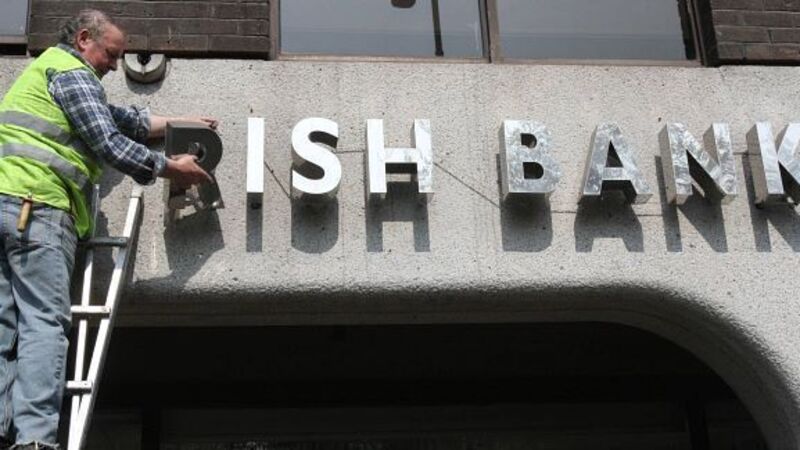Only a major cultural shift in banks will end meltdowns

Given that costs to the State have reached €64bn for bailing out Anglo Irish Bank, Irish Nationwide and the other domestic banks, the hope is that these assurances prove correct.
However, a brief look at the recent history of financial markets would suggest any guarantees of this nature are meaningless. Renowned economist Liaquat Ahmed wrote a masterful account of the years leading up to the 1929 Wall Street crash and the subsequent depression. The book, Lords of Finance, forensically details the irrational exuberance that gripped the stock markets and banking sector, followed by an unprecedented level of inter-governmental agreements aimed at introducing legislation to ensure the same mistakes were not repeated.













